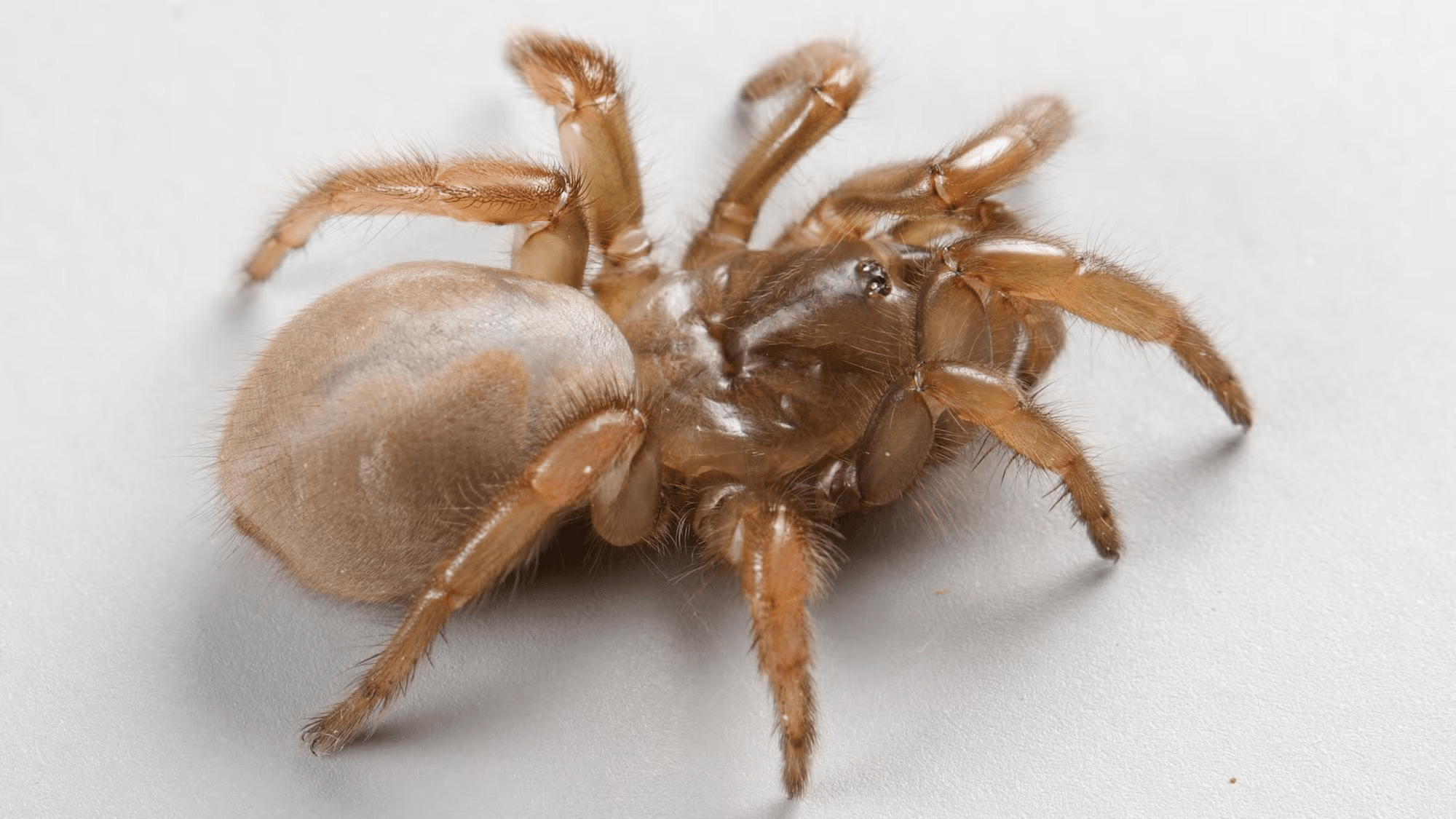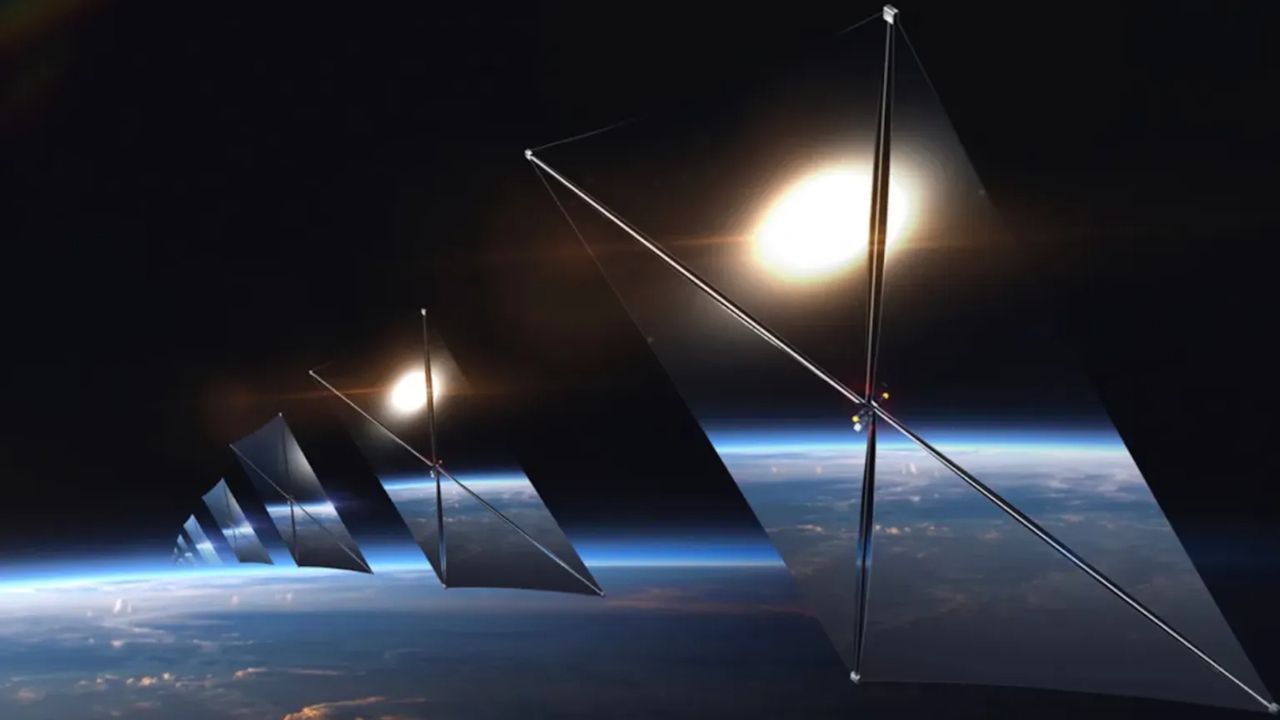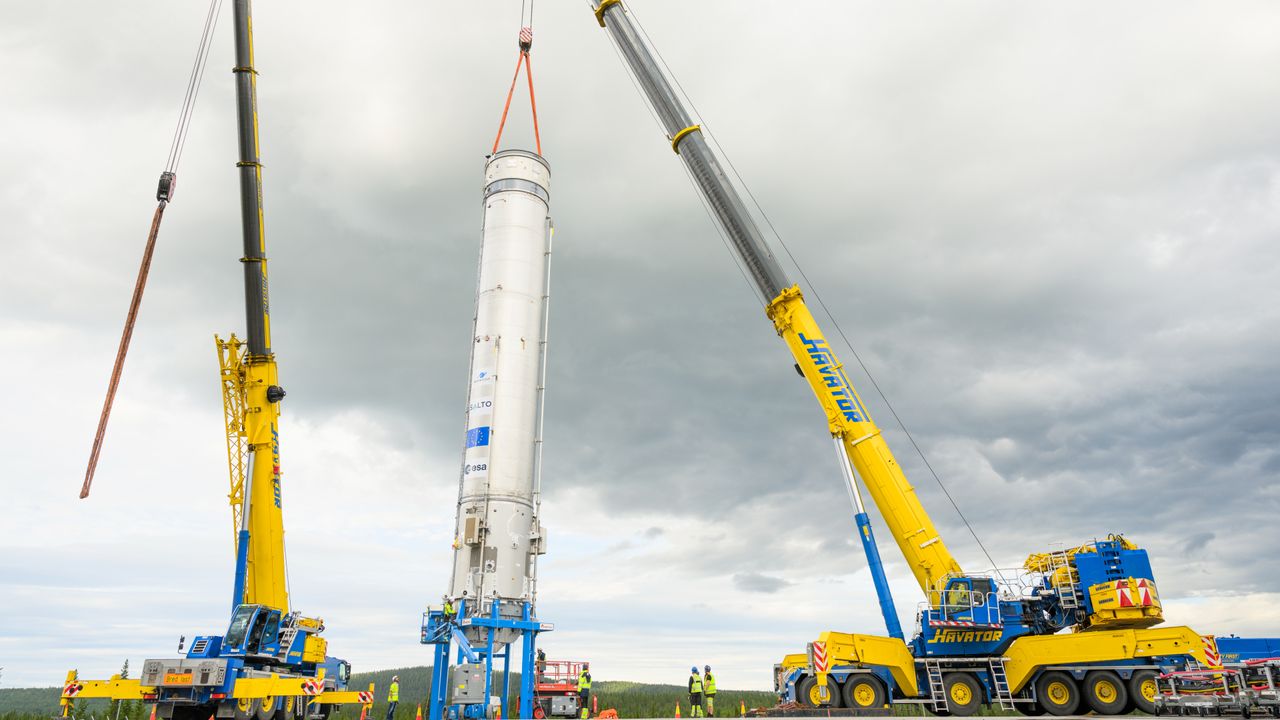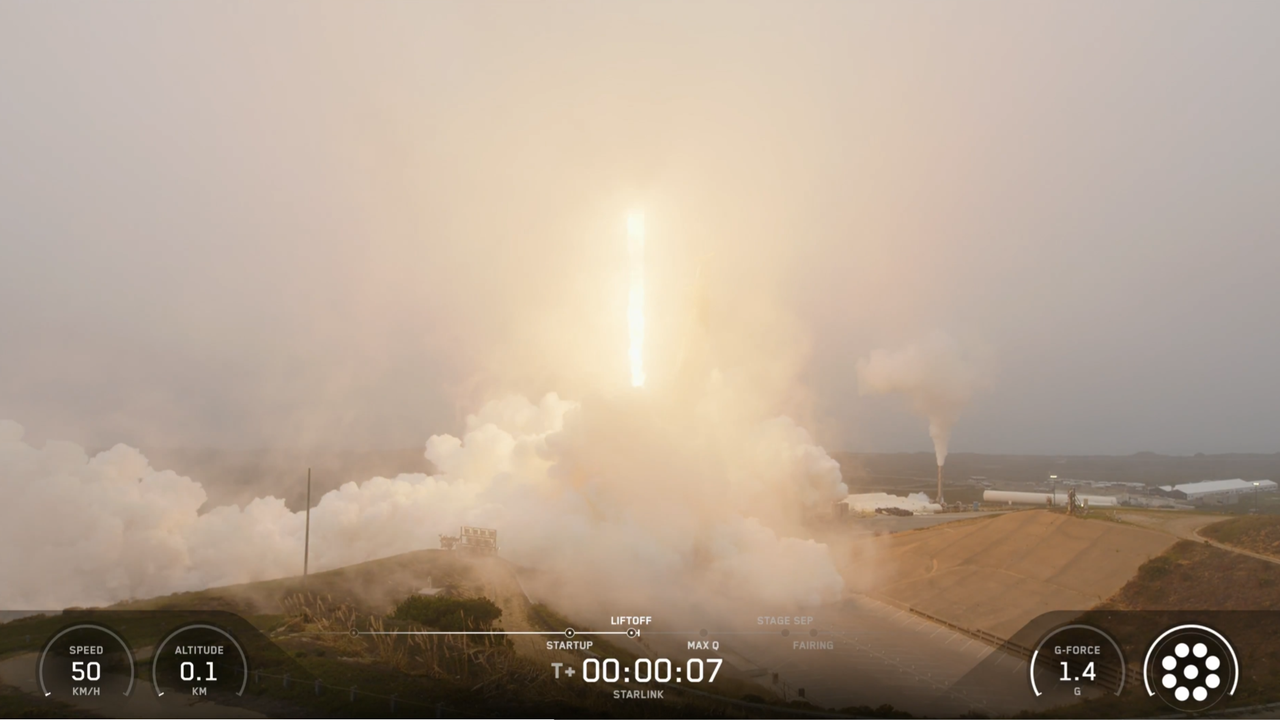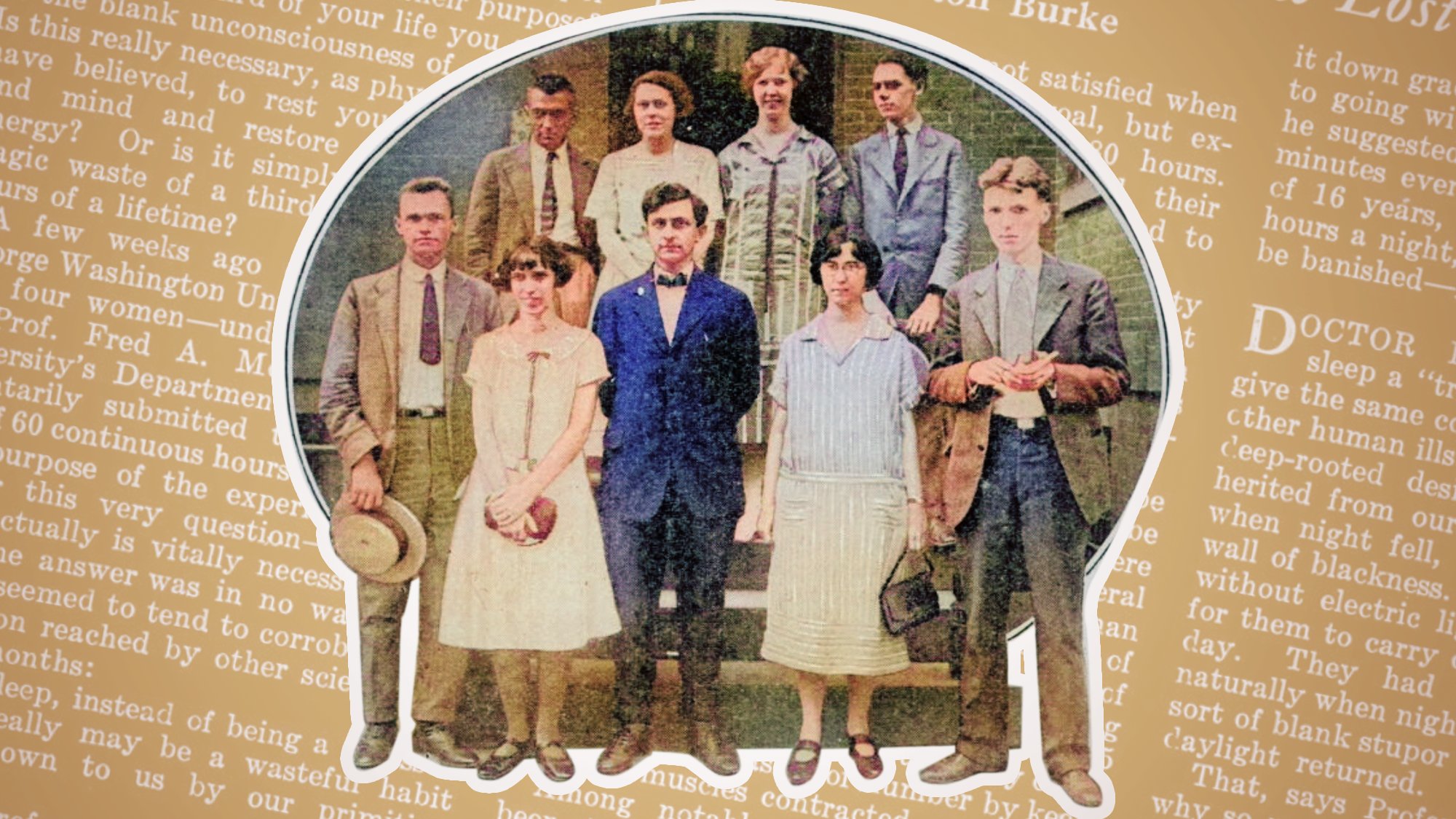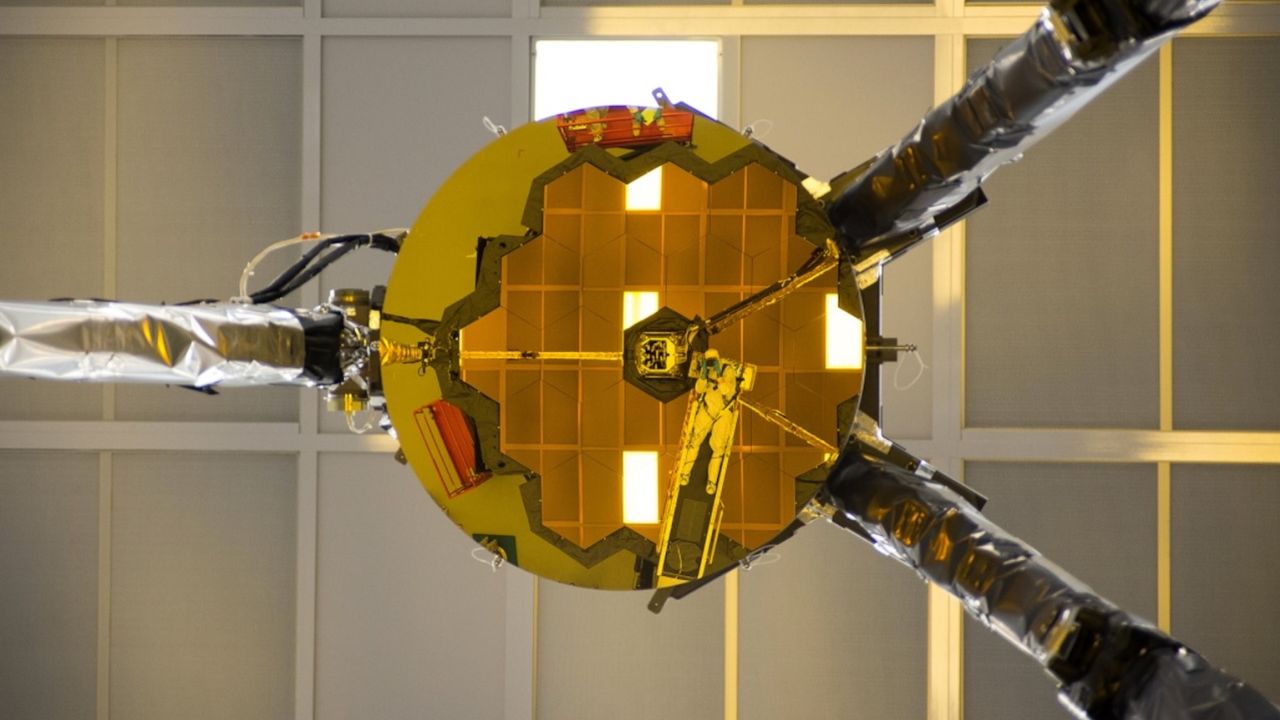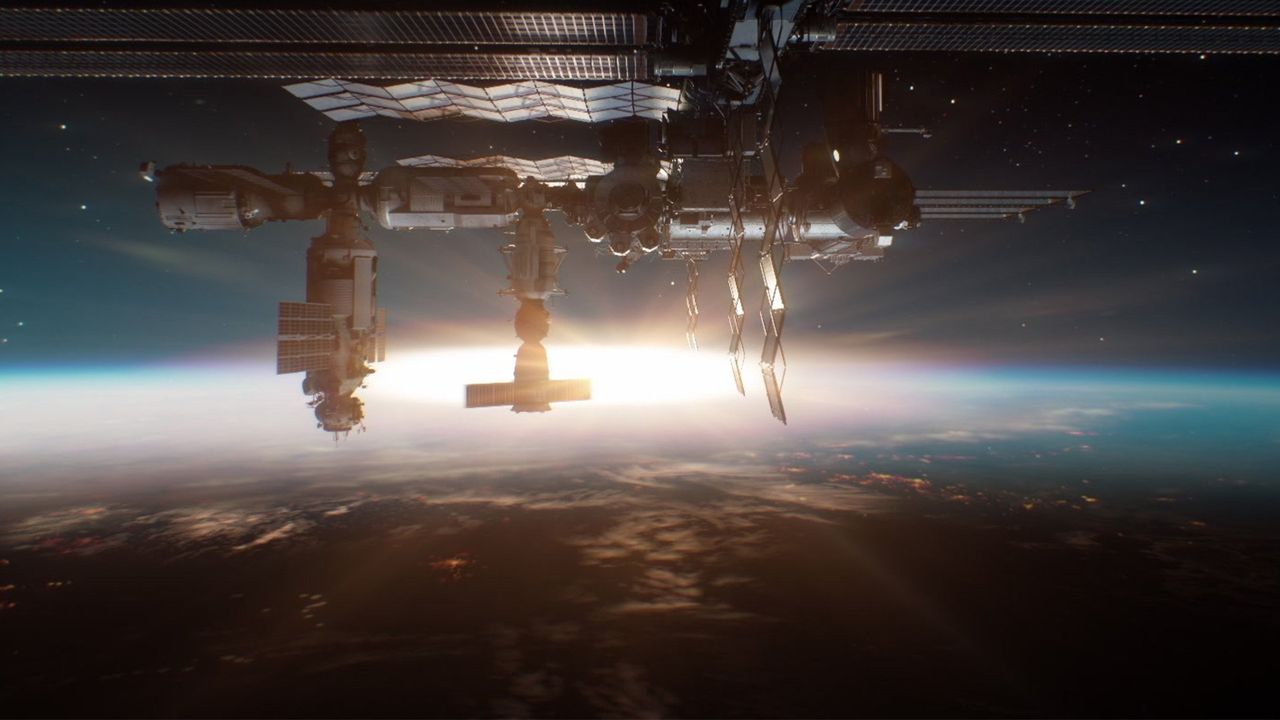US public health officials vigilant as newer mpox variant detected
NeutralScience
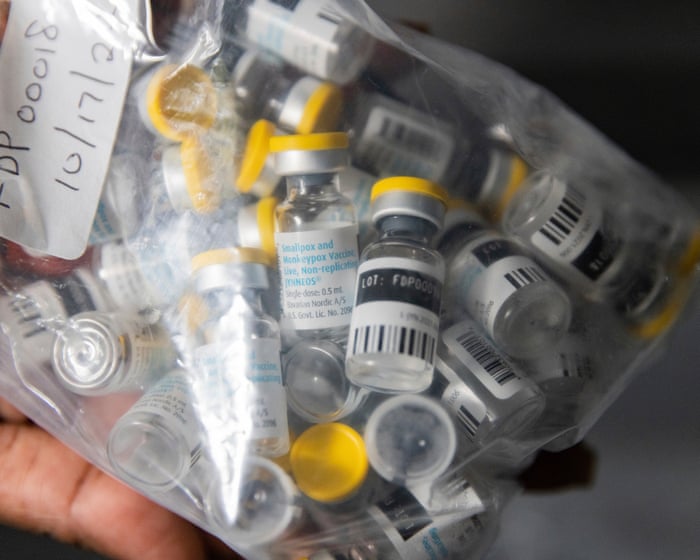
A new variant of mpox, previously known as monkeypox, has been detected in some communities in the US and Europe. While public health officials state that the risk to the general public remains low, the emergence of community transmission in new areas poses challenges for detecting and controlling the virus's spread. This situation highlights the importance of vigilance in public health efforts to prevent outbreaks.
— Curated by the World Pulse Now AI Editorial System

